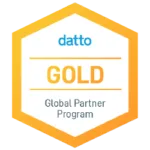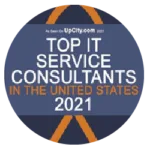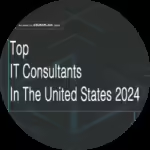

GIAC Security Essentials (GSEC)
Ideal for those who may not have an extensive background in IT security and networking but who work in an IT security (or similar) role and want a baseline certification. No prerequisites. Learn more at
GIAC.org/certification/security-essentials-gsec.
(ISACA) Certified Information Security Manager (CISM)
Less technical and more managerial. Ideal for those in IT and risk management roles that are not strictly technical. Prerequisites for certification include five years experience in information security (including three years as an information security manager). Learn more at ISACA.org/credentialing/cism.
(ISC)² Certified Information Systems Security Professional (CISSP)
A high-level certification aimed at those with an extensive and knowledgeable IT security background. This certification is in very high demand by companies around the world. Prerequisites include five years experience in a position related to CISSP (or one year of experience plus a four-year degree). Learn more at ISC2.org/certifications/cissp.
(ISC)² Certified Cloud Security Professional (CCSP)
Ideal for those experienced in IT security with an emphasis on cloud-based solutions. Prerequisites for certification include a minimum of five years of full-time IT experience (with three years in information security). Learn more at ISC2.org/certifications/ccsp. Infosec, Dec. 22, 2020
The research is clear: people have a habit of putting more value on opinion rather than fact. It’s because it’s easy! This is discussed in Daniel Kahneman’s best-selling book, Thinking, Fast And Slow, and in numerous research papers. Accepting opinions requires less thinking than evaluating facts.
Data-driven companies need to take this into account when it comes to their teams. According to Kahneman, some people are “type 1” thinkers or fast thinkers, and opinions mean more to them. Others are “type 2” or slow thinkers – they take their time and evaluate what they hear.
Michael Schrage, research fellow at MIT Sloan School’s Center for Digital Business, says you can’t just switch between the two types of thinking automatically. It’s more fundamental – you have to change people’s mindsets over time. His suggestion is to incentivize analytical, fact-based thinking and recognize employees who take this approach. Inc., Oct. 29, 2015









